Adventure is out there!
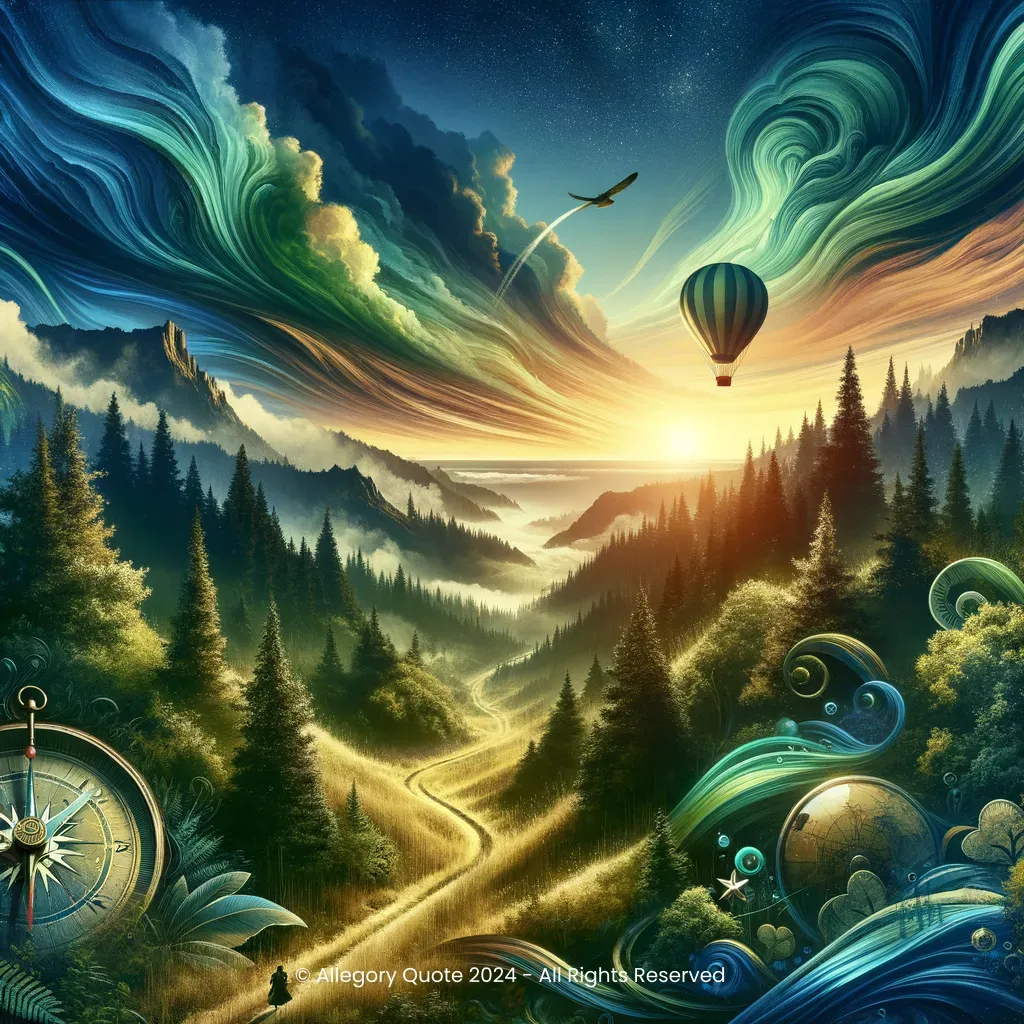
0
0
0
0
- Meaning
- The phrase suggests that there is a vast world filled with opportunities for exploration and adventure waiting to be discovered. From a philosophical standpoint, this reflects the existential belief in seeking meaning through experiences and the courage to step outside in search of the extraordinary rather than remaining complacent in the ordinary. Psychologically, this relates to the human drive for novelty and experiences that enrich our lives. Historically, it relates to age-old human exploration and wanderlust that shape cultures and societies.
- Allegory
- The elements in the image symbolize the various facets of adventure. The path represents the journey of life filled with challenges and discoveries. The horizon signifies the endless opportunities that await us, while the colorful sunrise reflects hope and renewal. The whimsical symbols like the compass and hot air balloon suggest navigation through life's adventures, emphasizing the importance of direction and embracing new experiences.
- Applicability
- One can apply the phrase's meaning by seeking out new experiences or challenges in daily life, whether through travel, trying new activities, meeting new people, or pursuing ambitions that foster personal growth. It encourages individuals to embrace change and be proactive in their life journeys.
- Impact
- The phrase has inspired many to pursue their passions, take risks, and embrace the unknown. It has generated conversations around the value of adventure in personal storytelling and growth, often motivating individuals to pursue their dreams actively. The phrase has frequently been quoted in motivational contexts or discussions regarding travel.
- Historical Context
- The film 'Up' was released in 2009, making this phrase's popular usage relatively contemporary. It epitomizes modern storytelling in animated films that are often characterized by moral lessons and profound insights into the human condition, especially during childhood and youthful exploration.
- Criticisms
- While the phrase promotes a positive outlook on adventure, some criticisms could argue that it oversimplifies the concept of adventure, which can also involve risks and effectively challenges the idea of courage versus recklessness. Critics may contend that not all adventures lead to positive outcomes and that caution should also be considered.
- Variations
- This phrase has various interpretations across cultures. For instance, in some Indigenous cultures, the idea of exploration could relate to connection with land and nature, emphasizing respect and understanding the environment rather than mere adventurous escapism. In other cultures, similar idioms could encourage exploration within one's own community or heritage.
-
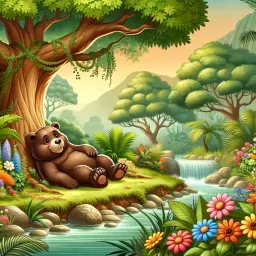
The bare necessities.
-
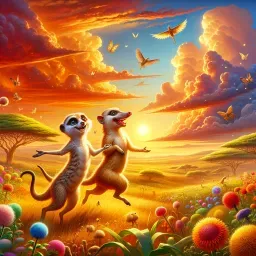
Hakuna Matata.
-

The past can hurt, but the way I see it, you can either run from it or learn from it.
-
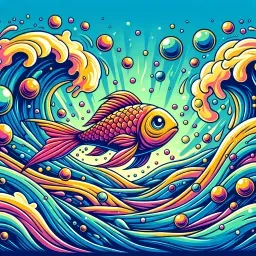
Just keep swimming.
-

You’ve got a friend in me.
-
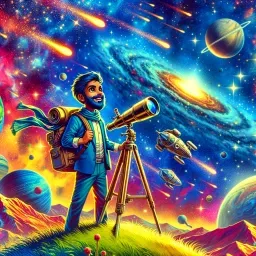
To infinity and beyond!
-

Second star to the right and straight on ‘til morning.
-

It is in forgiving that we are forgiven.
-

I’m not a prize to be won!
-
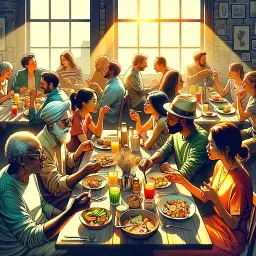
Looks like me and Vincent caught you boys at breakfast. Sorry about that. What you having?
-

Some people are worth melting for.
-
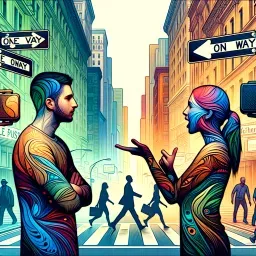
You never fing mind, man. That’s your fing business.
No Comments